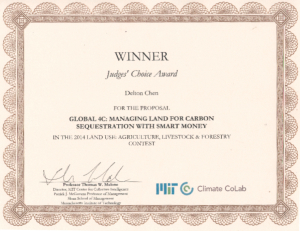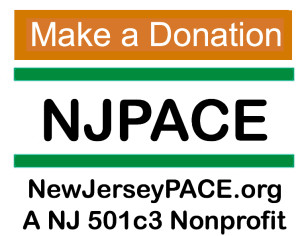“In 1929 I began to consider what the little individual could do on behalf of his fellow man that government and corporations could not do. It became evident that the individual was the only one that could deliberately find the time to think in a cosmically adequate manner. Each human has his lifetime to invest. If he commits to operations in cosmic integrities he will find himself participating in nature’s own formulations and will realize the potentials of her various freedoms and choices, to be employed to the advantage of all human beings to come, in order that humans may fulfill their cosmic functioning on board of our planet.”
—R. Buckminster Fuller
Certainly Buckminster Fuller was no “ordinary individual,” as he liked to think of himself, but he did not consider any other humans as potentially less capable than himself. Each of us has our unique contribution to make, which is taking the next step for ourselves. Such a step is never arbitrary, in that it occurs inside of a given set of circumstances, and is given to us by the totality of our unique life experiences and understandings. But it is also voluntarily chosen. It is possible to seek one’s calling, to discover one’s inner purpose, but ultimately we also have to choose it.


 Asking for money is one of the more challenging things that every charity has to do. The first question we need to answer, however, is “Why are we asking?” If we don’t have a clear and compelling answer, we’re handicapping ourselves from the start.
Asking for money is one of the more challenging things that every charity has to do. The first question we need to answer, however, is “Why are we asking?” If we don’t have a clear and compelling answer, we’re handicapping ourselves from the start.
